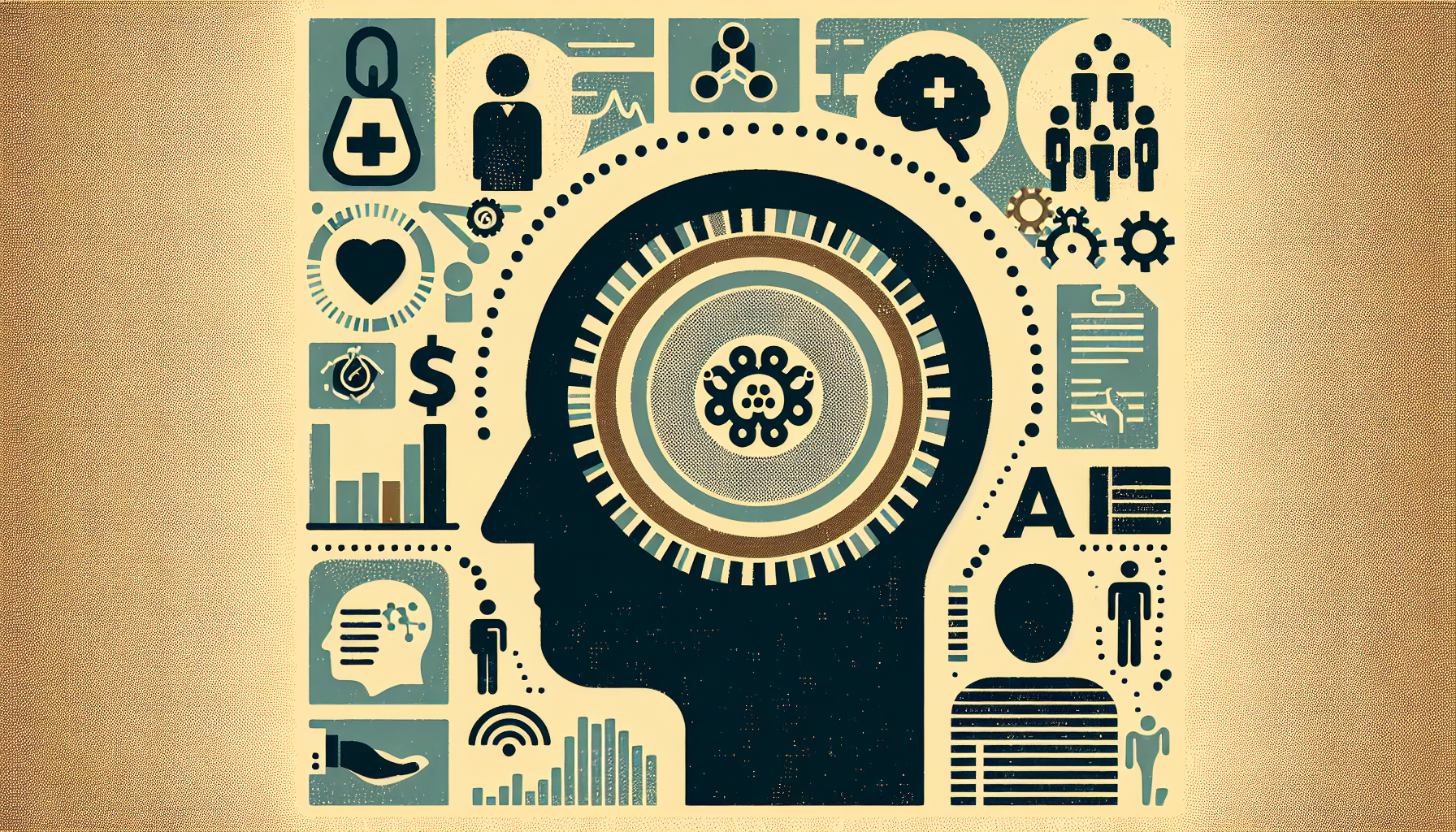Artificial intelligence (AI) is advancing rapidly, offering incredible benefits. However, it brings ethical concerns that must be addressed to ensure it remains beneficial to humanity. As AI becomes a part of our daily lives—impacting healthcare, finance, and even our social interactions—creating strong ethical frameworks and guidelines is more important than ever.
### Key Ethical Considerations
1. **Bias and Discrimination**
AI systems often learn from large datasets that can reflect societal biases. These biases can lead to unfair or discriminatory outcomes in areas like hiring and criminal justice. For example, an AI system trained on biased hiring data may continue to discriminate against certain demographics.
**Solution:** Ensure diverse and representative training data. Use fairness algorithms and continuously monitor for biased results.
2. **Transparency and Accountability**
Many AI systems, especially those using deep learning, can seem like “black boxes” where the decision-making process is unclear. This lack of transparency can make it difficult to hold systems accountable, particularly when they make errors or cause harm.
**Solution:** Develop explainable AI (XAI) models that provide insights into how decisions are made. This builds user trust and ensures better accountability.
3. **Privacy and Data Protection**
AI relies heavily on data, often personal and sensitive. Balancing data collection for AI improvement with user privacy rights is challenging but crucial.
**Solution:** Implement robust data protection policies. Ensure that data collection respects user privacy by obtaining consent and anonymizing data whenever possible.
4. **Accountability and Responsibility**
Deciding who is responsible when AI systems make decisions or cause harm is complex. Clear lines of responsibility and liability must be established, especially in cases like accidents involving autonomous vehicles.
**Solution:** Develop comprehensive legal frameworks outlining responsibility and liability. Collaboration among technologists, policymakers, and ethicists is essential.
5. **Social Manipulation and Misinformation**
AI can be misused to manipulate social behavior and spread misinformation, threatening democratic processes. It’s vital to ensure that AI systems do not perpetuate misinformation and that social media platforms protect democratic integrity.
**Solution:** Implement ethical guidelines and regulations to guard against manipulation and misinformation. Continuous monitoring and developing AI to detect and mitigate these risks are necessary.
### Addressing Ethical Challenges
1. **Ethical Frameworks and Guidelines**
Creating and adhering to ethical frameworks that emphasize fairness, transparency, accountability, and respect for human values is essential. These guidelines should guide AI from design to deployment.
2. **Ethical AI Design**
Ethical considerations must be integrated into the design phase of AI systems. Collaboration among ethicists, policymakers, technologists, and users helps identify and resolve potential ethical issues.
3. **Continuous Evaluation and Auditing**
Regular evaluations and audits of AI systems for ethical concerns are necessary. Assessing biases, transparency, data privacy, and societal impact ensures ethical AI applications.
4. **Education and Awareness**
Increasing awareness and education on AI ethics among developers, policymakers, and the public is crucial. Understanding AI’s ethical implications promotes responsible development and deployment.
### The Future of Ethical AI
As AI evolves, ensuring ethical use becomes more critical. Revisiting Asimov’s Three Laws of Robotics in the context of modern AI underlines the need for additional guidelines to keep AI beneficial to humanity.
– **Rule Zero:** Some suggest adding a “Rule Zero” to precede Asimov’s first law: “A robot may not harm humanity or allow humanity to come to harm through inaction.” This highlights AI’s broader responsibility toward humanity.
– **Proposed Fourth Law:** Another proposed addition is a “Fourth Law” addressing AI accountability and responsibility. This would include guidelines on who is responsible when AI causes harm or makes decisions with negative consequences.
### Conclusion
Ethical considerations in AI development are essential for building a future where AI positively impacts society while upholding ethical principles and human dignity. A collective effort from developers, policymakers, ethicists, and society is needed to navigate these challenges. By embedding ethics into every stage of AI development, we can ensure AI aligns with our values and serves the greater good of humanity.

Leave a Reply